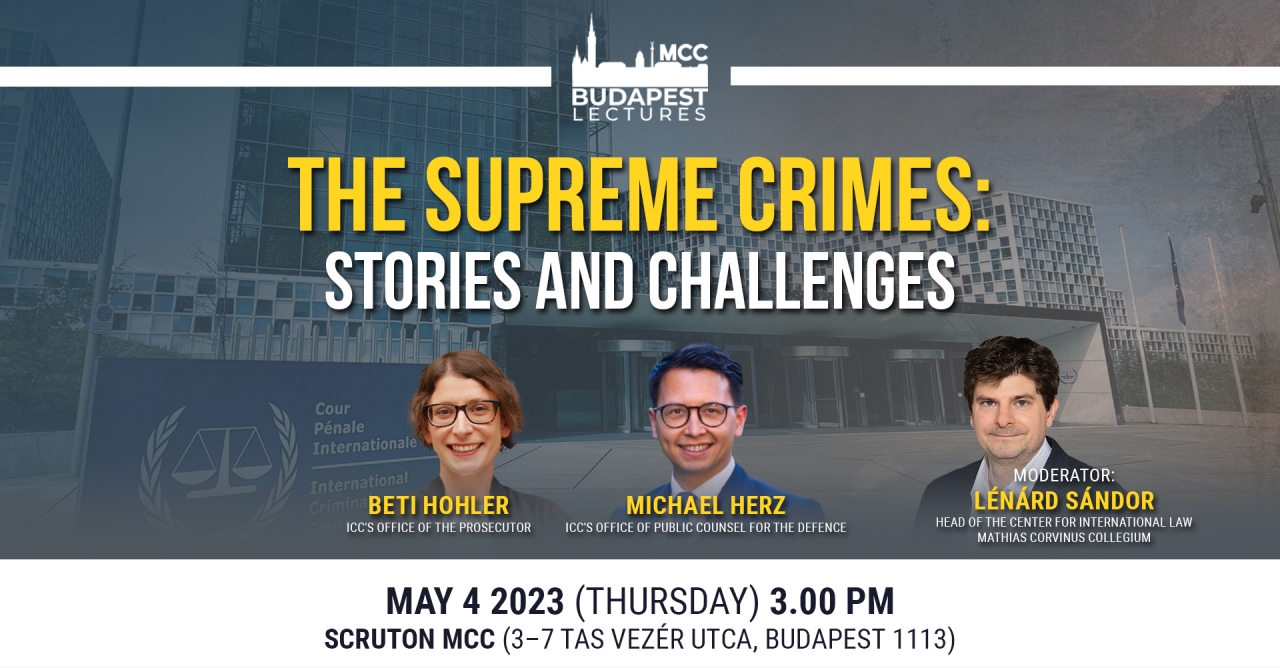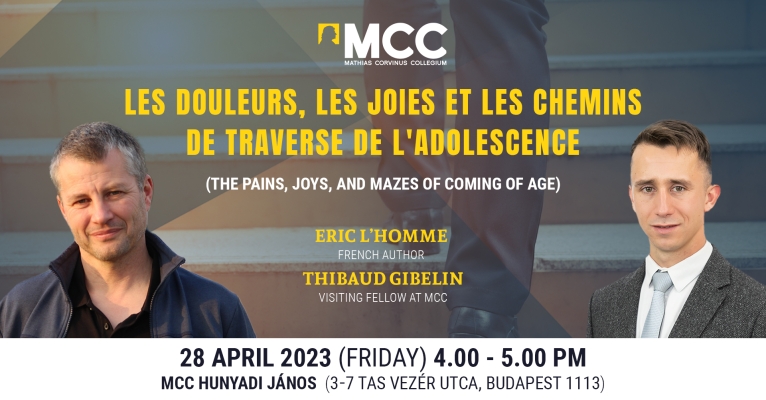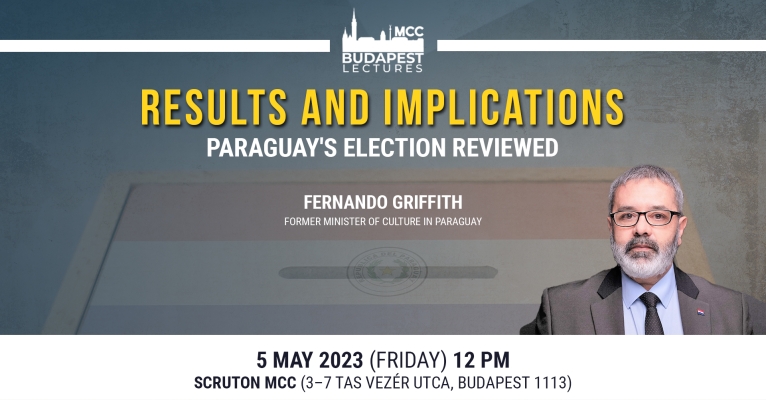The world has witnessed countless bloody wars and cruel atrocities against innocent populations. However, international law has always lagged behind in banning both cruel methods and means of war and weapons as well as in holding those responsible who violate these rules. To quote the well-known maxim of Cicero: “inter arma enim silent lēgēs”. This has resulted in the much-criticized phenomenon of the “culture of impunity” in which there was no accountability for the most heinous crimes. The adoption of the Nuremberg Charter in the aftermath of the Second World War gave birth to the category of “Supreme Crimes”. What are these crimes and the unique stories behind them? Who did insist on including the “crime against peace” in the Nuremberg Charter and why did the city of Lviv become important in drafting those crimes? How to have the institutional framework and mechanisms of accountability of international criminal law developed? What are their achievements and shortcomings? What challenges do the prosecution and defense face in international criminal law? These and similar questions are to be addressed by Beti Hohler, a trial lawyer for the ICC's Office of the Prosecutor and by Michael Herz, a legal officer in the Office of Public Counsel for the Defence at the ICC in a conversation with Lénárd Sándor, head of the Center of International Law at the Mathias Corvinus Collegium.
Beti Hohler is an internationally established expert in international criminal law and procedure with extensive practical and academic experience in international criminal justice. She has extensive experience in complex international criminal cases before international and internationalized courts in different roles. Ms. Hohler currently serves as a Trial Lawyer for the ICC's Office of the Prosecutor. She is also a member of the ICC Appeals Board. Ms. Hohler brings to the role a wealth of in-depth knowledge and understanding of the Court’s legal framework, structures, and jurisprudence.
Michael Herz is currently a legal officer in the Office of Public Counsel for Defence at the ICC. He provides legal advice to external counsel representing the accused at the ICC and represents the interests of the defense within the institution. Prior to the ICC, he worked for the appeal judges at the former Yugoslavia tribunal (ICTY) on Prosecutor v Prlic et al, and the prosecution at the Rwanda tribunal (ICTR) on Prosecutor v Nyiramasuhuko et al and Prosecutor v Nzabonimana. As well as being called to the Bar of England and Wales, Michael is a member of the ICC’s list of counsel and is currently the Secretary for the ICC Bar Association.
Lénárd Sándor is the head of Center for International Law at the Mathias Corvinus Collegium. He has previously served as a magistrate of the Prosecutor’s Office of Hungary, as a chief counsel at the Constitutional Court of Hungary and as a legal advisor at the European Parliament in Brussels. He studied at Canisius College (Buffalo, New York, USA) and was a research fellow at Aarhus University (2016) and at Osgoode Hall Law School (2017). His research interests include the international legal dilemmas of economic globalization.


